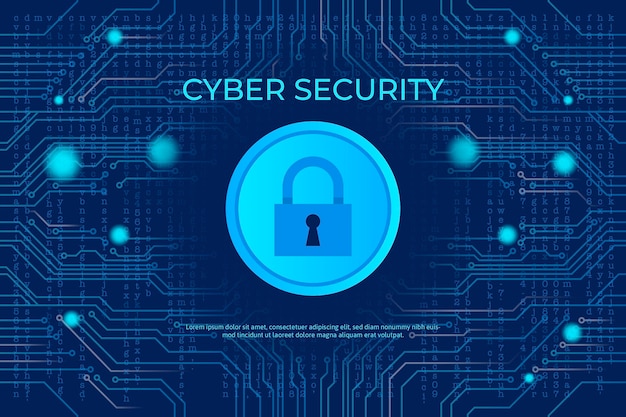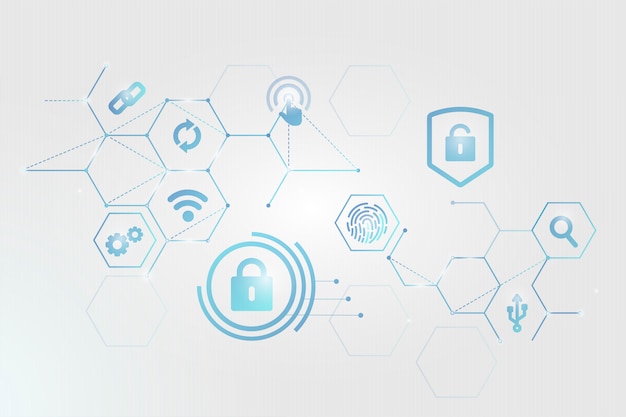Preparing for cybersecurity certifications can feel overwhelming—but with the right strategy, it becomes a rewarding journey. Whether you’re aiming for a high-level credential or just starting out, having a structured study plan is key. This guide walks you through how to study effectively, build a certification roadmap, and learn cybersecurity step by step.
Understanding the Cybersecurity Certification Landscape
Cybersecurity certifications validate your skills and knowledge, making you more competitive in the job market. Some of the most recognized certifications include:
- CompTIA Security+ – Ideal for beginners
- Certified Ethical Hacker (CEH) – Focuses on penetration testing
- Certified Information Systems Security Professional (CISSP) – Advanced, broad-spectrum certification
- Certified Information Security Manager (CISM) – Focuses on security management
Best Ways to Study for Cybersecurity Certifications Online
1. Choose the Right Online Courses
Platforms like Coursera, Udemy, and Cybrary offer certification-specific courses. Look for:
- High ratings and reviews
- Updated content aligned with exam objectives
- Hands-on labs and exercises
2. Use Free Resources
Explore free learning materials from:
- YouTube tutorials
- Khan Academy for foundational concepts
- Cybersecurity blogs and forums
- Reddit’s r/cybersecurity and LinkedIn groups
3. Engage in Interactive Learning
- Use virtual labs and simulations to apply theory
- Practice with real-world scenarios
- Reinforce learning through hands-on experience
4. Join Online Communities
- Participate in forums and discussion groups
- Ask questions, share resources, and learn from others
- Stay motivated and accountable
5. Create a Study Schedule
- Set weekly goals
- Allocate time for reading, labs, and practice exams
- Stay consistent and track your progress
Cybersecurity Certification Roadmap
1. Assess Your Current Knowledge
Start with entry-level certifications like CompTIA Security+ if you’re new. Move to advanced ones like CISSP or CISM as you gain experience.
2. Choose the Right Certification
Align your choice with your career goals:
- Ethical hacking → CEH
- Security management → CISM
- Broad security expertise → CISSP
3. Gather Study Materials
- Official certification guides
- Practice exams
- Supplementary books and online resources
4. Build a Study Plan
- Break topics into manageable sections
- Use a mix of reading, labs, and quizzes
- Allocate time for review and practice
5. Practice Regularly
- Use cyber labs and simulation tools
- Apply knowledge in real-world scenarios
- Build confidence and practical skills
6. Take Exam Simulations
- Familiarize yourself with the exam format
- Identify weak areas for extra review
- Improve time management and reduce test anxiety
7. Review and Refine
- Revisit tough topics before the exam
- Use flashcards, summaries, and quick guides
- Focus on areas where you scored low in practice tests
8. Schedule and Take the Exam
- Choose a date when you feel confident
- Review exam requirements and procedures
- Stay calm and focused during the test
How to Learn Cybersecurity Step by Step
1. Start with the Basics
Learn foundational topics like:
- Network security
- Cryptography
- Threat analysis
- Risk management
2. Explore Key Areas
- Network Security: Firewalls, IDS, protocols
- System Security: Malware protection, OS hardening
- Application Security: Secure coding practices
- Incident Response: Handling breaches and threats
3. Choose a Specialisation
Once you grasp the basics, explore areas like:
- Penetration Testing
- Cloud Security
- Cybersecurity Management
Each specialisation has its own certifications and learning paths.
4. Stay Updated
Cybersecurity evolves rapidly. Stay current by:
- Reading industry blogs and news
- Following cybersecurity influencers
- Joining professional organizations
5. Build a Portfolio
- Document your projects and lab work
- Contribute to open-source tools
- Showcase your skills to potential employers
Conclusion
Studying for cybersecurity certifications requires planning, consistency, and hands-on practice. With the right resources, a clear roadmap, and a curious mindset, you can master the field and build a successful career. Whether you’re just starting or aiming for advanced credentials, take it one step at a time—and never stop learning.




